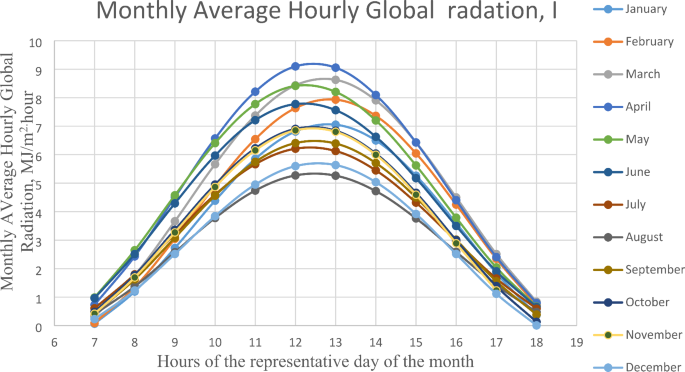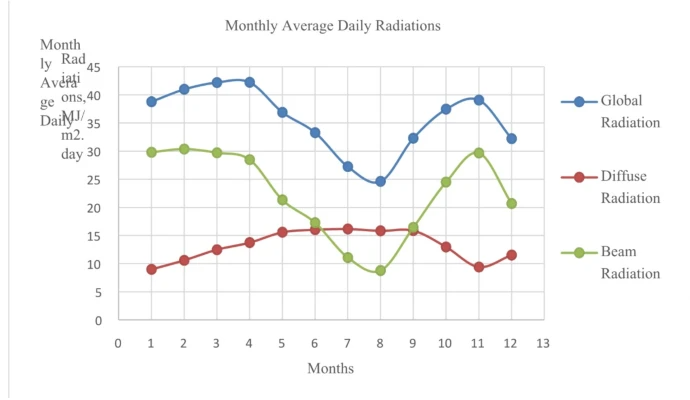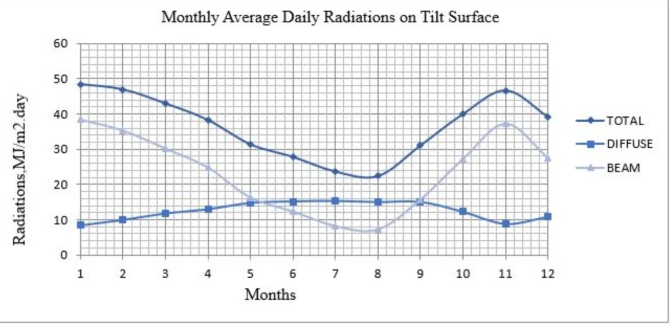
Bahir Dar, located in the northwestern part of Ethiopia, offers significant potential for solar energy due to its favorable geographic and climatic conditions. Situated close to Lake Tana, the city enjoys high levels of solar radiation throughout the year, making it an ideal candidate for solar energy investments.
High Solar Irradiance Bahir Dar experiences an average of about 5.5 to 6.5 kWh/m²/day of solar radiation, making it an excellent location for both small-scale and large-scale solar energy projects. Ethiopia, in general, has abundant sunshine, with many regions, including Bahir Dar, receiving sunlight for more than 2,500 hours annually.
Geographical Advantage At an elevation of around 1,800 meters, Bahir Dar benefits from reduced atmospheric interference, enhancing the efficiency of solar panels by allowing them to capture more direct sunlight. The vast open areas surrounding the city are suitable for installing photovoltaic (PV) solar farms.
 Energy Demand Growth Ethiopia has one of the fastest-growing economies in Africa, and Bahir Dar is a key urban center. As the population grows, so does the demand for electricity. The existing hydropower supply, although significant, cannot meet future demand alone, creating a need for renewable alternatives like solar.
Energy Demand Growth Ethiopia has one of the fastest-growing economies in Africa, and Bahir Dar is a key urban center. As the population grows, so does the demand for electricity. The existing hydropower supply, although significant, cannot meet future demand alone, creating a need for renewable alternatives like solar.
Government Support and Policy Ethiopia’s government has shown a commitment to expanding renewable energy. The Climate Resilient Green Economy Strategy and the focus on diversifying the energy mix provide a conducive policy environment for solar investments. Bahir Dar could benefit from government-backed initiatives and international support to boost solar energy infrastructure.
Despite the high potential, there are some challenges to consider. The initial capital investment for solar power systems remains high, and access to financing can be limited. Additionally, the existing energy infrastructure may need upgrading to fully integrate solar power into the national grid.
However, international development organizations, private investors, and government partnerships offer opportunities for financing solar projects. Small-scale solar installations in households and businesses have already begun, with potential for further expansion into larger solar farms to supply the grid.

Bahir Dar is well-positioned to harness solar energy and contribute significantly to Ethiopia’s renewable energy goals. Leveraging its high solar irradiance, growing energy demands, and favorable policies, the city can become a model for solar energy utilization in Ethiopia and the broader region. Expanding solar energy in Bahir Dar will not only meet rising electricity needs but also support sustainable economic development and environmental preservation. This assessment reflects the overall potential for solar energy in Bahir Dar, combining geographic, economic, and policy-related factors.
Ennywealth

